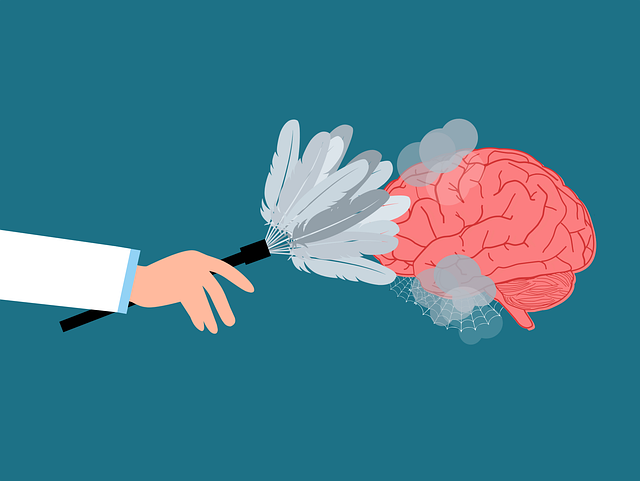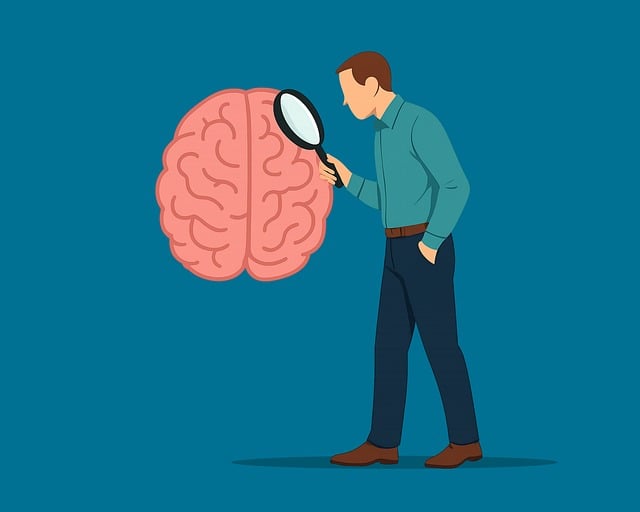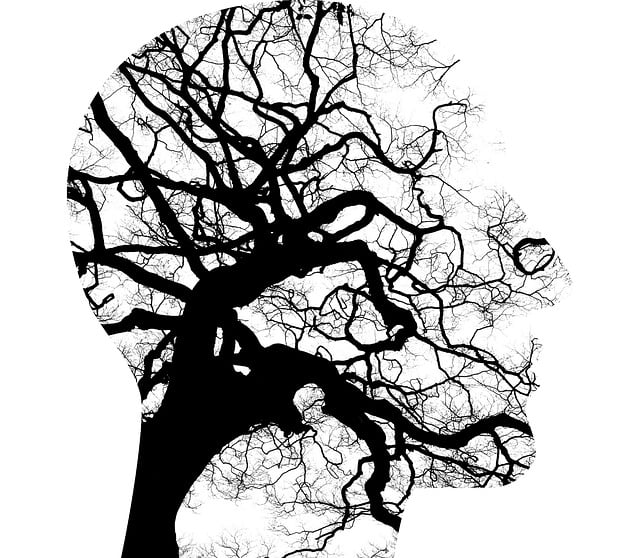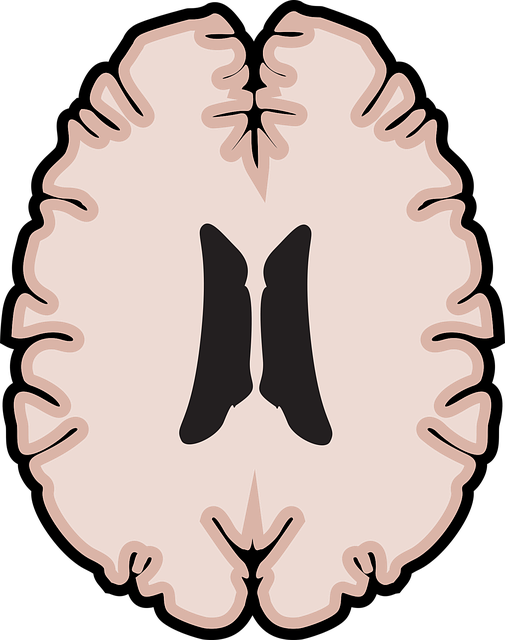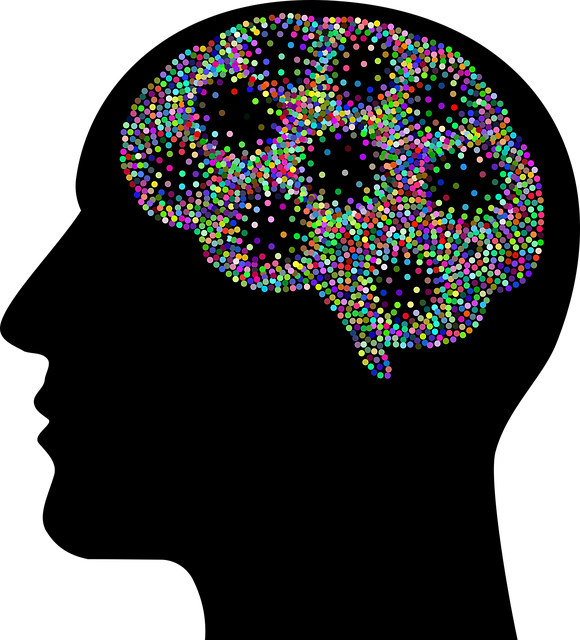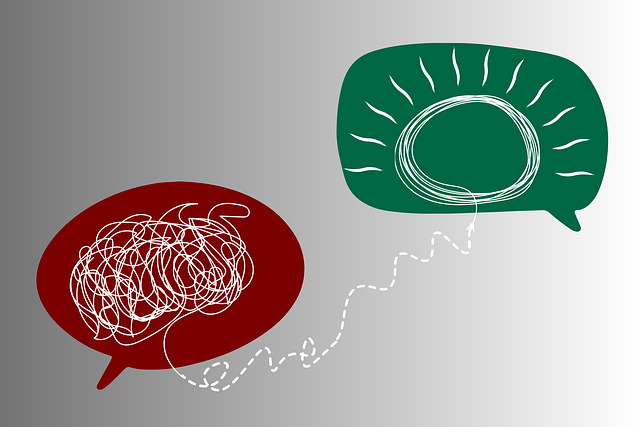Cultural competency in healthcare is key to providing quality care in diverse societies, with training focusing on understanding patients' cultural backgrounds and values. Integrating Superior Self-Esteem Therapy into this training empowers providers to manage stress, improve communication, and deliver personalized care, enhancing both provider well-being and patient outcomes. Effective intercultural communication skills and mental health workshops bridge understanding gaps, foster trust, and improve overall healthcare quality.
Healthcare provider cultural competency training is a vital tool for enhancing patient care in our diverse society. This comprehensive guide explores three key aspects: understanding cultural competency, integrating Superior Self-Esteem Therapy for improved patient interactions, and implementing effective training strategies to navigate varied populations. By equipping healthcare providers with these tools, we can ensure quality care that respects and serves all patients equally.
- Understanding Cultural Competency in Healthcare: The Foundation for Quality Care
- Integrating Superior Self-Esteem Therapy: Enhancing Patient Interactions and Outcomes
- Strategies for Effective Training: Equipping Providers to Navigate Diverse Populations
Understanding Cultural Competency in Healthcare: The Foundation for Quality Care

Cultural competency in healthcare is a foundational aspect that underpins quality patient care. It involves understanding and appreciating the diverse cultural backgrounds, beliefs, and values of individuals seeking medical services. In today’s diverse societies, healthcare providers must be equipped to deliver personalized care that respects and considers these differences. This approach ensures that patients feel understood and heard, fostering trust and better health outcomes.
By integrating cultural competency training, healthcare professionals can enhance their ability to provide superior self-esteem therapy, promote positive thinking, and prevent burnout. These strategies are essential for maintaining a healthy work-life balance, which is crucial for both the well-being of providers and the quality of care they offer. Encouraging a culture that values diversity and incorporates effective self-care routines can revolutionize healthcare delivery, making it more inclusive and compassionate.
Integrating Superior Self-Esteem Therapy: Enhancing Patient Interactions and Outcomes

Integrating Superior Self-Esteem Therapy into healthcare provider training is a powerful approach to enhancing patient interactions and outcomes. This therapeutic method encourages professionals to prioritize their emotional well-being, enabling them to build stronger connections with diverse patient populations. By learning to manage stress and cultivate self-esteem, providers can improve communication skills, making care more personalized and effective.
In the context of Healthcare Provider Cultural Competency Training, Superior Self-Esteem Therapy plays a crucial role in developing public awareness campaigns that promote understanding and empathy. Enhanced emotional regulation allows healthcare staff to navigate complex cultural dynamics with sensitivity, ensuring every patient receives respectful, culturally responsive care. This, in turn, fosters better health outcomes and strengthens the patient-provider relationship.
Strategies for Effective Training: Equipping Providers to Navigate Diverse Populations

Effective cultural competency training for healthcare providers involves strategies that empower them to confidently navigate diverse populations. One key approach is incorporating inter-cultural communication skills into the curriculum. This equips providers with the ability to bridge gaps in understanding, ensuring sensitive and respectful interactions with patients from different backgrounds. By fostering an environment of active listening and empathy, healthcare professionals can build trust and improve patient outcomes.
Additionally, integrating mental health awareness and stress management workshops within training programs is vital. These sessions not only enhance self-awareness among providers but also offer tools for managing the often high-pressure nature of healthcare work. Promoting positive thinking and resilience can significantly contribute to a provider’s overall well-being, leading to better patient care. The Stress Management Workshops Organization, for instance, highlights the importance of these initiatives in creating a healthier, more effective workforce.
Healthcare provider cultural competency training is a multifaceted approach that, when implemented effectively, can significantly enhance patient interactions and outcomes. By integrating strategies such as Superior Self-Esteem Therapy, we equip providers with the skills to navigate diverse populations with empathy and professionalism. Through comprehensive training programs, healthcare workers become better equipped to deliver quality care that respects and values all cultural backgrounds. This not only improves patient satisfaction but also fosters a more inclusive and equitable healthcare system.




